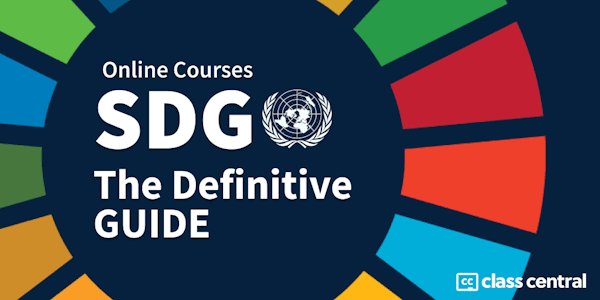Equity and Inclusion in Education -online professional development course on equitable and inclusive education.
This course provides an introduction, raises awareness and builds capacity on ten core aspects of equitable education, why they are important, and especially what can be done in order to implement them in practice. Course equips you with the mindset, knowledge and skills to be the CHANGEMAKER for equitable and inclusive education and learn how to narrow down the disparities in your own context.
All the learners should be supported based on their needs to reach same educational outcomes to realize their right to education. Course modules guide transformation of education across different levels; global, national, subnational, local and community levels and through various different expertise from policy, financing, leadership, to classroom context, utilization of learner centered pedagogies, technology, data and partnerships. This will lead to better educational outcomes for all and returns for investment to education.
Course contents are practical, applicable, offering models, strategies and tools for implementation. Our content is directed at a broad audience of education experts and practitioners, namely policy-makers, government officials, NGOs/CBOs in the education sector, educators and students of any of these disciplines – open to anyone, anywhere, anytime.



